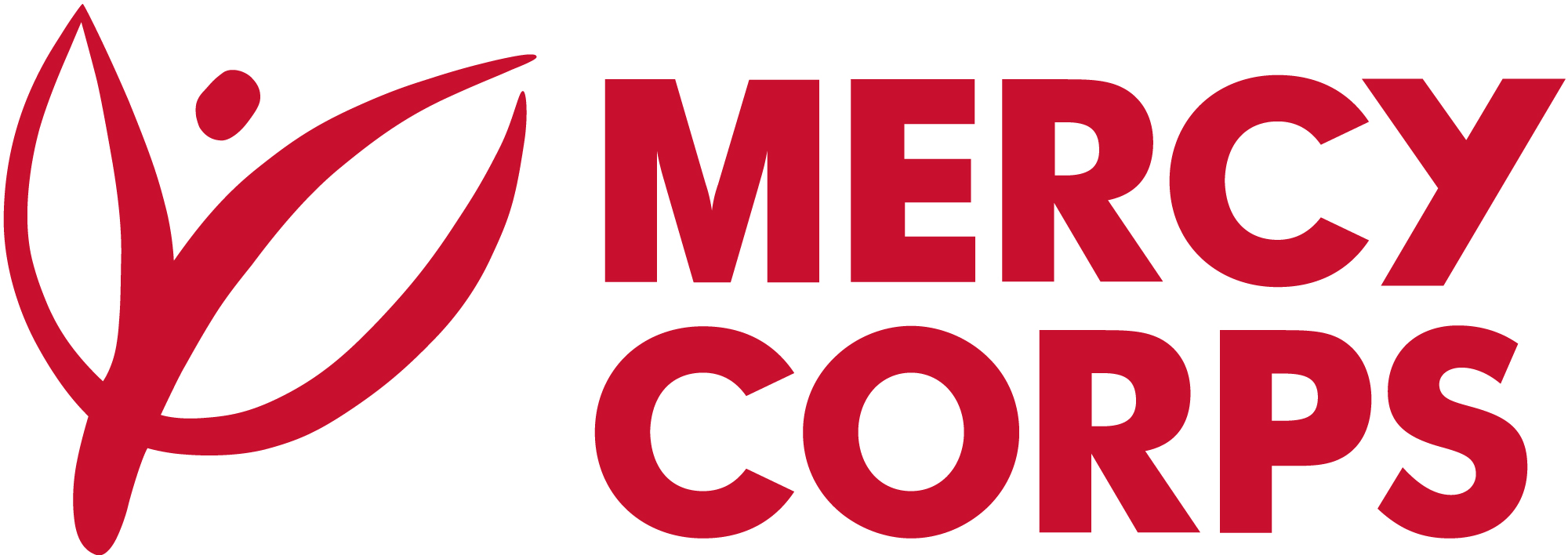Key Takeaways:
- The value of the Lebanese Pound (LBP) depreciated slightly against the US dollar (USD) throughout most of July and ended the month at about LBP 30,000. The depreciation appears to have been triggered by a decline in Sayrafa exchanges compared to previous months.
- Amid long queues at Lebanese bakeries due to a shortage of subsidized bread, the Lebanese Parliament agreed to spend a USD 150 million World Bank loan to support wheat imports. An agreement between Russia and Ukraine to resume Ukrainian grain exports could temporarily improve food security in Lebanon but more fundamental factors will continue to drive up the cost of food, such as the potential removal of grain subsidies and price inflation.
- The government formation process remains stalled, with expectations that the deadlock will not be broken before presidential elections, which are slated to be held at the end of October.
- Telecommunications tariff increases in July impacted people’s ability to communicate and remain connected, highlighted by a more than 70% decrease in calls received by Mercy Corps’ hotline compared to June. Fee hikes could negatively impact the ability of aid actors to contact beneficiaries and program participants, especially those with significant protection concerns.
- Parliament passed amendments to the Banking Secrecy Law but the new changes may not be sufficient to meet IMF requirements. Other IMF requirements remain unmet, meaning a full agreement to release much-needed assistance may not be secured in the coming months.
- Parliament’s Budget and Finance Committee will study the 2022 budget in August, which could double or triple public sector salaries and increase import tariffs. Such developments could exacerbate LBP depreciation but will also end the ongoing public sector strike and improve the living situation of hundreds of thousands of public sector employees.
- Caretaker Minister of the Displaced Issam Charafeddine announced a plan to repatriate Syrian refugees residing in Lebanon. The plan entails returning 15,000 refugees to Syria per month and comes amid increased tensions between host and refugee communities, fueled in large part by the latest bread crisis.
By Crisis Analytics Team, Mercy Corps Lebanon



